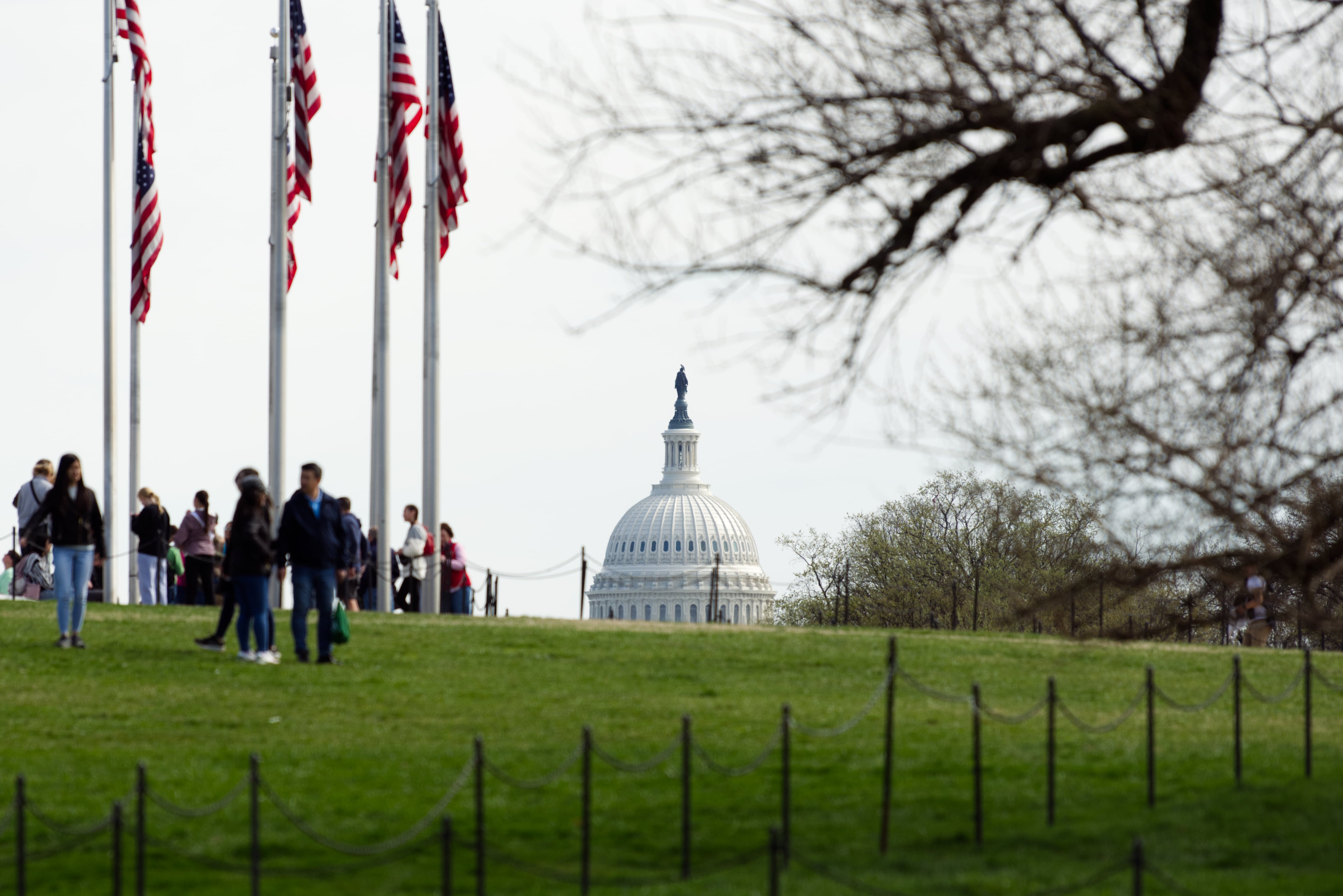New research shows veterans are both more likely to own a home than other Americans and more likely to become homeless than their non-military peers, a contradiction that underscores the disparity in potential transition outcomes for separating service members.
For individuals who thrive after leaving the ranks, generous home loan benefits and higher employment rates have kept homeownership rankings among veterans significantly above their civilian peers for the last decade, according to a new analysis released Thursday from the RAND Epstein Family Veterans Policy Research Institute.
Census data shows about 80% of veterans own a home, compared to 60% of non-veterans, the report stated.
“One likely reason is that veterans have access to relatively generous home financing programs through the VA that involve both lower down payments and lower interest rates than the commercial market,” researchers wrote. “These programs lower both the initial barrier (down payment requirements) and the ongoing cost of ownership.”
But veterans struggling with lingering health issues from their service — issues like post-traumatic stress disorder, military sexual trauma and depression — often have trouble accessing those advantages.
According to the latest data from the Department of Housing and Urban Development, veterans make up about 7% of the population experiencing homelessness on any given night but only about 5% of the total population in America.
RAND researchers said that federal agencies could close the gap between the successful and struggling veterans with more education on financial resources, particularly among more vulnerable groups of the veteran population.
For example, veterans who served after 2000 are almost twice as likely to be renters than veterans from older generations, the researchers found. Female veterans had lower incomes and lower home ownership rates than male veterans.
Where veterans live also matters.
“Overheated housing markets increasingly put homeownership out of reach of veterans and non-veterans alike,” the report stated. “Future research might be warranted to focus on how often significant variation in local housing markets moderates the relative effectiveness of these programs aimed at fostering homeownership among veterans.”
The full institute report is available on the RAND website.
Leo covers Congress, Veterans Affairs and the White House for Military Times. He has covered Washington, D.C. since 2004, focusing on military personnel and veterans policies. His work has earned numerous honors, including a 2009 Polk award, a 2010 National Headliner Award, the IAVA Leadership in Journalism award and the VFW News Media award.





